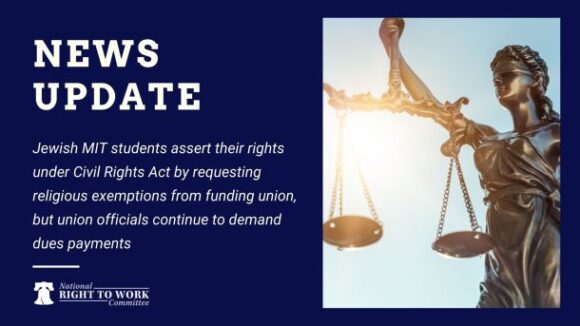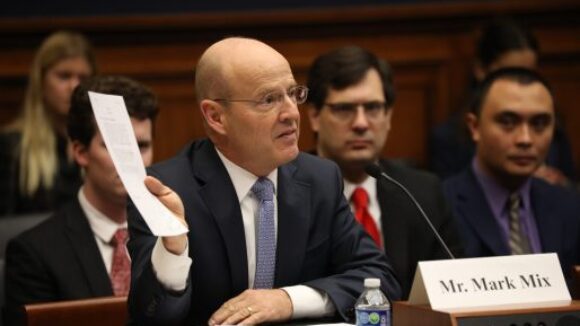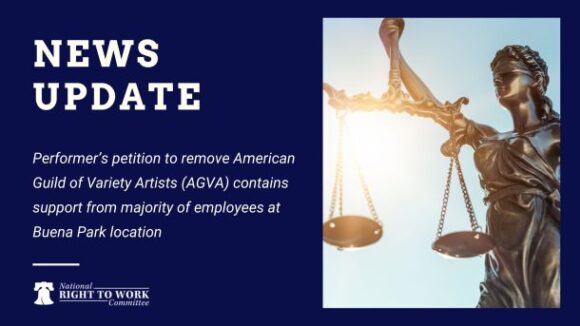Two years ago this month, government union bosses in the Badger State and nationwide suffered a major blow when the Wisconsin Legislature adopted, and Gov. Scott Walker signed into law, the budgetary and labor-policy reform measure commonly referred to as Act 10.
Key provisions in Act 10 revoked the power of most government union officials to get public employees fired for refusal to join or pay dues or fees to an unwanted union. Act 10 also abolished government-union monopoly bargaining over employee benefits and work rules, except in the public-safety and transportation sectors.
Since 2010, the last year before Act 10 was put on the books, the dues-paying ranks of government unions in Wisconsin have fallen by roughly 20%, primarily as a consequence of the curtailment of their coercive privileges.
Not surprisingly, from the start Big Labor has been determined to wipe Act 10 off the books by one means or another. Up to this time, union bosses’ attacks on Act 10 at the ballot box have failed miserably. Their track record in court has been only a little better.
On the one hand, early this year a federal appeals court soundly rejected all of union lawyers’ federal constitutional claims against Act 10. On the central issues of the prohibition on forced union dues and restrictions on the scope of union monopoly bargaining, this decision was unanimous.
On the other hand, in September 2012 activist Dane County Judge Juan Colas declared Act 10 to be preempted by both the state and federal constitutions. Unfortunately for the union brass, Colas’ decision was not binding for jurisdictions outside of Dane County.
This month, union lawyers scored another minor victory when a state appeals court refused to put a stay on Colas’ ruling. However, as Wisconsin Attorney General J.B. Van Hollen has publicly noted, the state appeals court “was very clear that Judge Colas’ order does not have statewide application and does not apply to any nonparties.” (See the news story linked below for more information.)
In the end, most knowledgeable legal observers expect the Wisconsin Supreme Court to uphold all of Act 10’s important limitations on government union chiefs’ monopoly privileges. But in the meantime union bosses’ strategy is to intimidate local officials who plainly aren’t bound by Colas’ activist decision into adhering to it anyway by agreeing to reinstate forced union dues and wide-ranging union monopoly bargaining over public employees.
Just as the National Right to Work Committee has assisted and will continue to assist Wisconsin Right to Work supporters as they fight legislative and electoral efforts to roll back or kill Act 10, the Committee’s sister organization, the National Right to Work Legal Defense Foundation, has defended and will continue to defend Act 10 in court.
Together with Badger State attorney Rick Esenberg, the head of the Wisconsin Institute for Liberty and Law, the Foundation is offering legal assistance to any Wisconsin public employee whose employer is bound by Act 10, but refusing to abide by it.
As Mr. Esenberg observed last week, “[A]ny local government negotiating with a union in violation of Act 10’s restrictions runs the risk of . . . a lawsuit and a court ruling that they violated Act 10.” Such a lawsuit could be brought by taxpayers as well as by independent-minded public employees.
Attorney General will not put hold on Act 10


